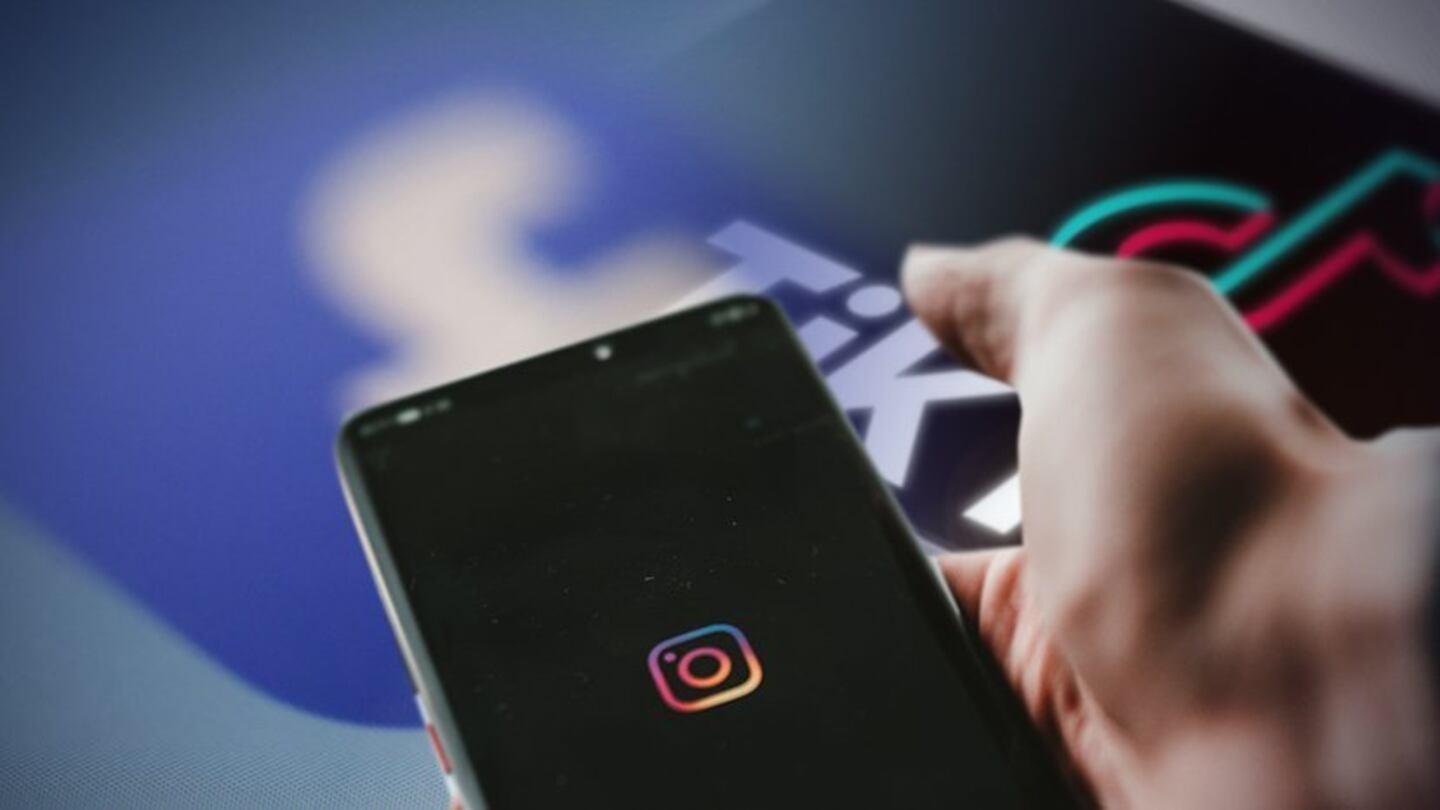An Otago University digital expert says Māori and minority groups should have been consulted over a new code of conduct signed by Tik Tok, YouTube, Facebook and Instagram, which will make them more accountable for content on their platforms in New Zealand.
But Dr Karaitiana Taiuru (Ngāi Tahu, Ngāti Kahungunu and Tūwharetoa) says a better solution is to legislate a code after consulting Māori and minorities and set up a digital safety .
The Aotearoa Code of Practice for online safety and harms, established by internet watchdog Netsafe, targets kaupapa such as hate speech, misinformation, bullying and child abuse.
“We’ve done this with Oranga Tamariki, we’ve done it with the health system. We’re changing the education system.
“So, in my opinion, we need to change the way we do things – co-design, co-govern and co-manage a new plan for a platform that also involves other minorities in New Zealand.
“Everyone needs to be in the mix for a new solution. I believe it’s a good possibility if the government and agencies such as NZ Police, the Department of Internal Affairs and maybe our spying agencies are involved.”
No Māori consulted
Taiuru says in New Zealand it’s typically Māori who are abused and harassed online and among the Maōri it’s generally Māori women and children who wear glasses or maybe have a slight disability.
But he says no Maori were no consulted on the new code.
“There was absolutely no consultation with any digital practitioners. There were offers from at least two different Māori organisations and that was ignored.”
He says the new code is a step forward but points out social media companies already have their own terms of service. “So, in my opinion, I don’t know if this code has any legs.
“If someone makes a complaint under the new code the social media company is well within its rights to say ‘it doesn’t breach our legal obligations' and we already know that most complaints by Maori and by minorities who get bullied on social media don’t get deemed to be offensive.
“Just recently I saw a video and this racist person was saying ‘If anyone comes up to me and says Kia Ora, I’m going to smash them in the face’. Facebook deemed it as being not offensive. So we’ve got a long way to go."

